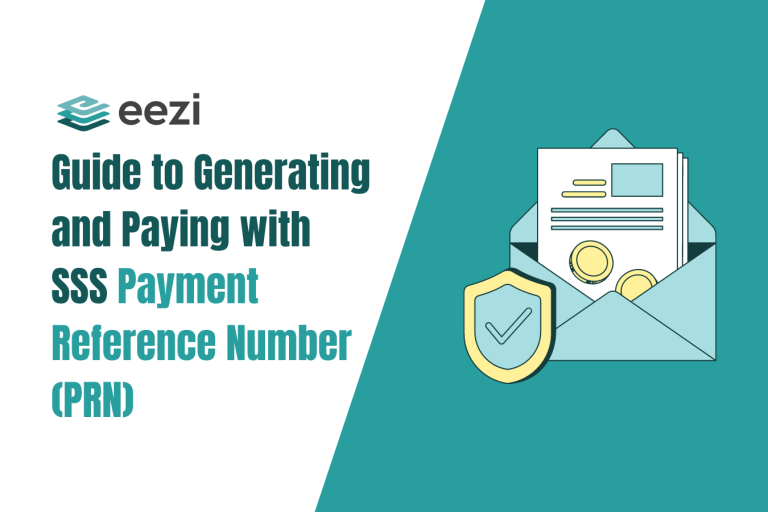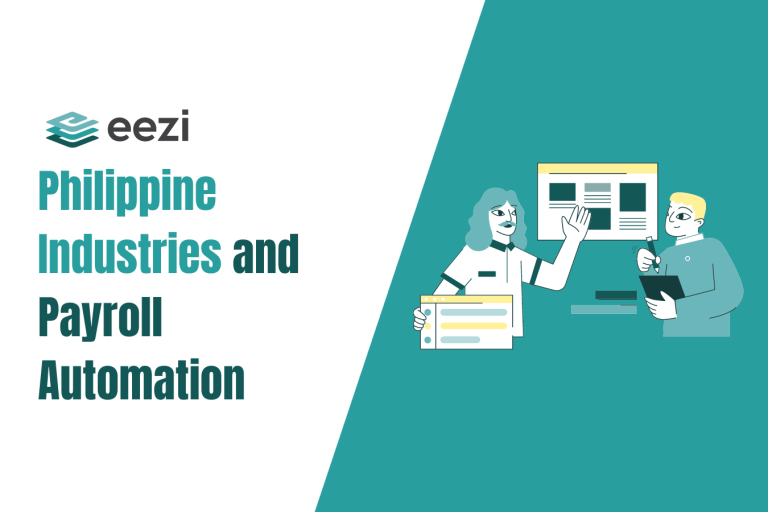What is a good company salary loan policy?

In today’s fast-paced job market, financial stability is a major concern for employees. People often search for ways to deal with unforeseen costs or financial difficulties. Conventional credit cards and loans can have high interest rates and complicated approval processes, which makes them less suitable for urgent needs.
Many businesses now provide their employees with salary loans as an easy-to-access financial aid option. Salary loans are intended to give employees instant access to money so they can fill in the gaps in their finances in between paychecks.
In comparison to other short-term loans, these are usually available at cheaper interest rates, and they also have the added convenience of automatic payback through paycheck deductions.
The article will provide an overview of the company salary loan by exploring their definitions, how businesses offer them, and the general rules and regulations that apply to them.
What is a salary loan?
A salary loan is a type of short-term loan provided by employers to their employees. These loans are typically offered at low interest rates and are designed to be repaid through automatic deductions from the employee’s salary.
Unlike traditional loans, salary loans often come with simplified application processes and faster approval times, making them a good option for employees needing immediate financial assistance.
Here are the key features of salary loans:
- Short-term nature: Salary loans are usually meant to be repaid within a few months.
- Low interest rates: These loans often have lower interest rates compared to other loan options.
- Automatic repayment: Repayments are typically deducted directly from the employee’s paycheck, ensuring timely payments.
How is a salary loan offered?
Companies offer salary loans through various methods, including in-house financing, partnerships with financial institutions, and digital platforms.
- In-house financing: Some companies have the financial resources to provide loans directly to their employees. This approach enables greater flexibility in terms and conditions.
- Partnerships with financial institutions: Many companies collaborate with banks or credit unions to offer salary loans. These partnerships enable companies to provide loans without bearing the financial burden directly.
- Digital platforms and fintech solutions: With the rise of fintech, some companies use digital platforms to manage salary loans. These platforms streamline the application and approval procedure, making it easier for employees to access funds quickly.
- Government. Government agencies such as the Pag-IBIG Fund and the Social Security System (SSS) provide salary loans to qualifying members. These loans frequently have more desirable terms for the borrower and lower interest rates. Eligibility requirements and loan limits, however, are established in accordance with each agency’s own regulations.
Eligibility criteria for employees
To qualify for a salary loan, employees typically need to meet certain criteria of the company salary loan policy:
- Employment status and tenure: Many companies require employees to be full-time and have been with the company for a specified period, often six months to a year.
- Salary thresholds: Some employers set minimum salary requirements to ensure employees have the financial capacity to repay the loan.
- Creditworthiness considerations: While salary loans are generally easier to obtain than traditional loans, some companies may still assess an employee’s creditworthiness.
Application process
The application process for salary loans is usually straightforward and quick:
- Required documents: Employees may need to provide basic information such as identification, employment verification, and salary details.
- Approval timeframes: Depending on the company, approval can range from a few hours to a couple of days.
- Disbursement methods: Once approved, the loan amount is typically disbursed directly to the employee’s bank account.
Related: SSS Salary Loan Application
Policies for salary loans
Although many employers have varied terms and conditions, one must work for an authorized company to be eligible for a salary loan. The lender needs the approval of your employer. It helps the lender’s capacity to verify your identity in order to release funds.
Interest rates and fees
Salary loans frequently have lesser interest rates than credit cards or personal loans. The exact rate can differ depending on the company’s policies and the employee’s credit profile. Additionally, some companies may charge processing fees or other administrative costs.
Repayment terms
Repayment of salary loans is generally managed through automatic payroll deductions. This system ensures timely payments and reduces the risk of default. Some employers offer flexible repayment options, allowing employees to choose repayment periods that best fit their financial situation. Early repayment is usually allowed, often without penalties.
Default and penalty policies
Failure to repay a salary loan can result in penalties such as additional fees or increased interest rates. Defaulting on a loan can also affect an employee’s credit score and, in some cases, their employment status. A company salary loan policy typically outlines the consequences of missed payments to ensure transparency and fairness.
Pros and cons of salary loans
As the end of the month approaches, money can get quite tight, particularly for low-income families and individuals. Most banks offer an overdraft facility, and many people utilize this kind of credit to ensure they can pay for necessities. Fortunately, salary loans can also provide a source of extra money to help you during difficult times if handled wisely.
Pros
Fast funding
A salary loan’s fast funding availability is one of its key benefits. The majority of lenders in the Philippines will accept you if you can provide them with all the information they need, and you might have money in your account in a matter of hours. You can also request pretty considerable amounts, unlike with overdrafts. Therefore, they are helpful in emergencies or any sudden financial need.
No overdraft charges
Loan companies in the Philippines won’t charge a daily rate like many banks do, even though you should expect to pay interest on your payday loan. Users should anticipate paying for the privilege of using an overdraft, as they are rarely provided for free. Your debt may actually start to cost you more money during times of unemployment, but this is normally not a problem if you have a steady source of income.
Fixed payments monthly
When you take out a salary loan, you will be able to calculate just how much money you need to find each month. Unlike overdrafts, this rate won’t change unless you fail to pay or take on additional debt.
Cons
Possibly high interest rates
Salary loans typically have very high interest rates since they have a high approval rate and typically need you to supply significantly less information than regular personal loans. This is to assure Philippine lenders can count on their clients to repay their loans on schedule. Never take out this kind of loan if you can’t pay back these rates.
Limited loan amounts
Salary loans are generally for smaller amounts, which may not be enough for greater financial needs. While they are ideal for minor emergencies or short-term financial gaps, they might not be adequate for significant expenses such as medical emergencies, home repairs, or large purchases. Employees needing more substantial financial support may have to look for other loan options, which can come with higher interest and more stringent approval processes.
Effect on cash flow each month
Automatic deductions decrease employees’ take-home pay, which may impact their monthly spending plan. This reduced cash flow can be challenging for employees already managing tight budgets, potentially leading to financial strain in other areas of their lives. Employees need to carefully consider their monthly expenses and ensure they can manage the reduced income before committing to a salary loan.
Take away
Salary loans are valuable financial tools for employees, offering quick and affordable access to funds. While they come with certain limitations, the benefits often outweigh the drawbacks, making them an attractive option for those in need of financial assistance. However, making sure to use a salary loan properly can make your loan repayments much more stressful.
Streamline Salary Loans for Your Team
Make salary loans hassle-free with the help of eezi. Discover how to support your employees’ financial well-being and manage loans efficiently with advanced payroll solutions. Check Out eezi Now!



